The Best TV Shows on RTÉ One
Every RTÉ One Show Ranked From Best To Worst
Peruse our comprehensive roster of RTÉ One’s top shows, encompassing over 20 distinct series as of February 2026. Among RTÉ One’s finest offerings are Eurovision Song Contest and The Late Late Show, which debuted in 1956 and 1962, respectively. With its programming history stretching from 1956 to 2025, RTÉ One offers an impressive lineup of over 20 shows.
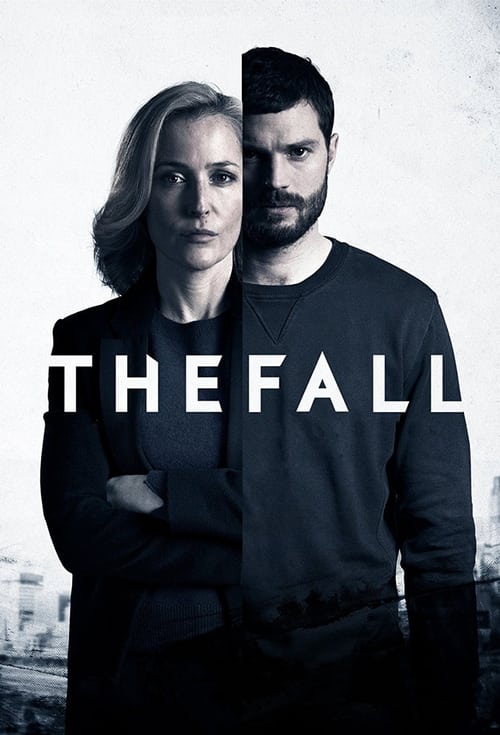 The Fall (2013)7.7
The Fall (2013)7.7When the Police Service of Northern Ireland are unable to close a case after 28 days, Detective Superintendent Stella Gibson of the Metropolitan Police Service is called in to review the case. Under her new leadership, the local detectives must track down and stop a serial killer who is terrorising the city of Belfast.
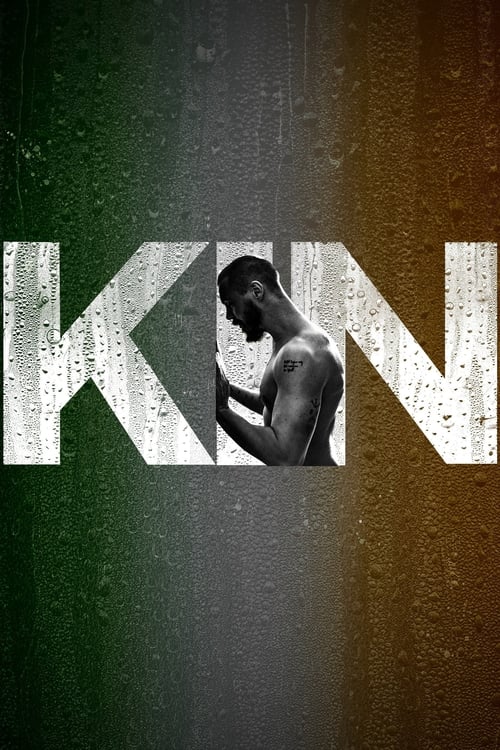 Kin (2021)7.7
Kin (2021)7.7The lives of a Dublin family embroiled in a gangland war and the consequences of their choices.
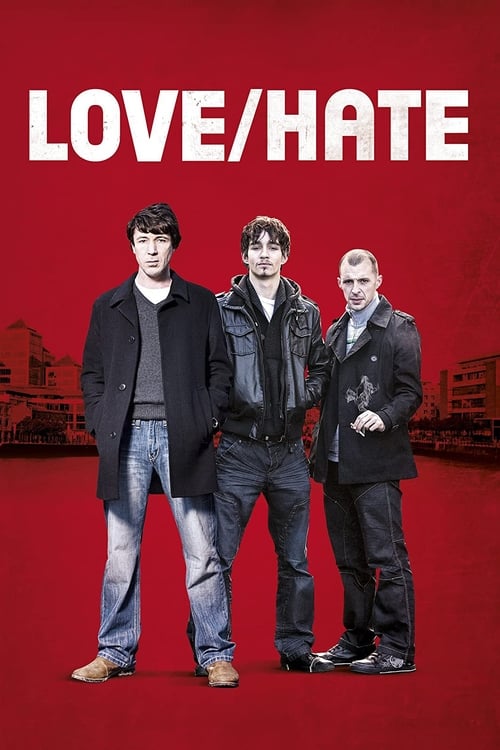 Love/Hate (2010)7.5
Love/Hate (2010)7.5Modern-day underworld characters Nidge and John Boy wrestle for control of Dublin's illicit drug trade in this forceful crime drama.
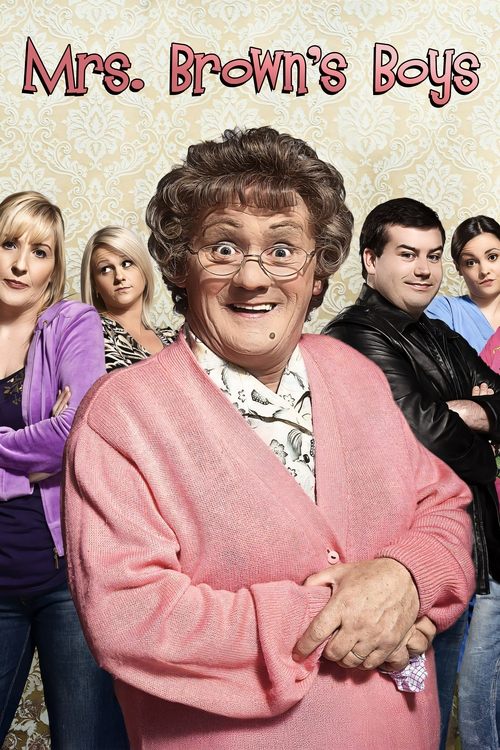 Mrs Brown's Boys (2011)7.5
Mrs Brown's Boys (2011)7.5Mrs. Brown's Boys is a British-Irish award winning sitcom created by and starring writer and performer Brendan O'Carroll. The show is based on O'Carroll's stage plays about the character Agnes Browne, which were developed from books and straight-to-DVD films. The sitcom continues the stories of Agnes, now with the shortened surname "Brown", and her family who are played by real life close friends and family of O'Carroll's. After being slated by critics, the show has become a ratings success in both Ireland, where it is set, and the United Kingdom, where it is recorded. On 29 December 2012 the show began its third series. Mrs Brown's Boys is a co-production among BBC Scotland, BocPix and RTÉ.
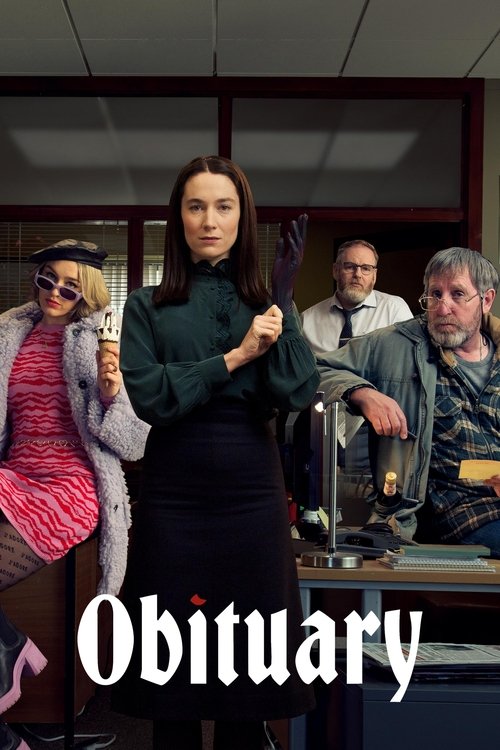 Obituary (2023)7.5
Obituary (2023)7.5When Elvira’s editor informs her that she will be paid per article, she begins murdering people to avoid going broke. Her plans are shaken when she falls for the crime reporter.
 Eurovision Song Contest (1956)7.2
Eurovision Song Contest (1956)7.2The Eurovision Song Contest is an international song competition, organised annually by the European Broadcasting Union (EBU) and featuring participants representing primarily European countries. Each participating country submits an original song to be performed on live television and radio, transmitted to national broadcasters via the EBU's Eurovision and Euroradio networks, with competing countries then casting votes for the other countries' songs to determine the winner.
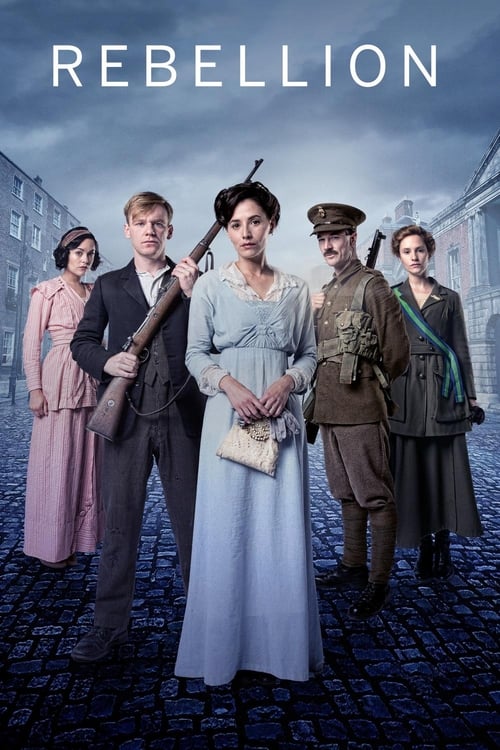 Rebellion (2016)7.0
Rebellion (2016)7.0A group of young men and women in Dublin in 1916 are embroiled in a fight for independence during the Easter Rising. The story begins with the outbreak of World War I. As expectations of a short and glorious campaign are dashed, social stability is eroded and Irish nationalism comes to the fore. The tumultuous events that follow are seen through the eyes of a group of friends from Dublin, Belfast and London as they play vital and conflicting roles in the narrative of Ireland's independence.
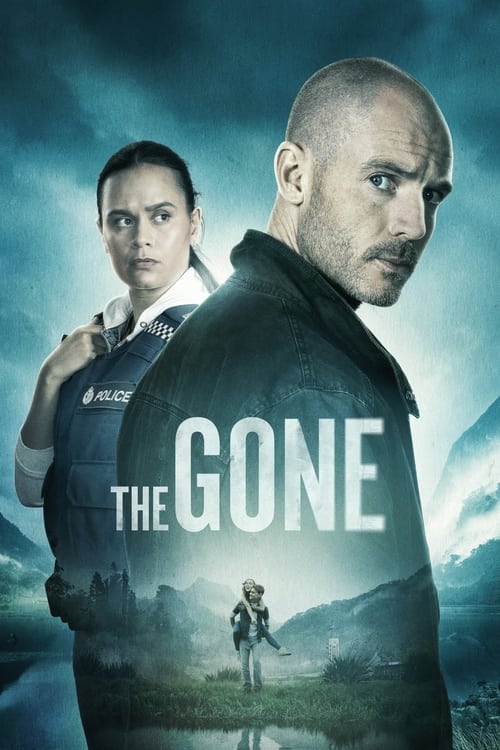 The Gone (2023)7.0
The Gone (2023)7.0It follows Theo Richter, an Irish detective who teams with Kiwi cop Diana Huia to find a young Irish couple vanish from an infamous rural North Island New Zealand town. Amidst the search and a race against time, the pair have to contend with a community’s growing disquiet that the disappearances may be linked to a series of historical murders.
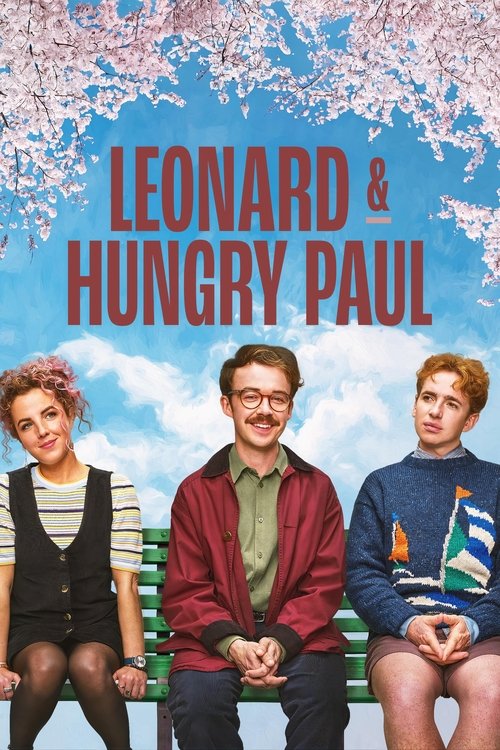 Leonard and Hungry Paul (2025)7.0
Leonard and Hungry Paul (2025)7.0Follow two unique board-gaming friends meandering through leafy suburban life, charting a story about Judo, ancient Rome, first loves, and the expansion of the Universe.
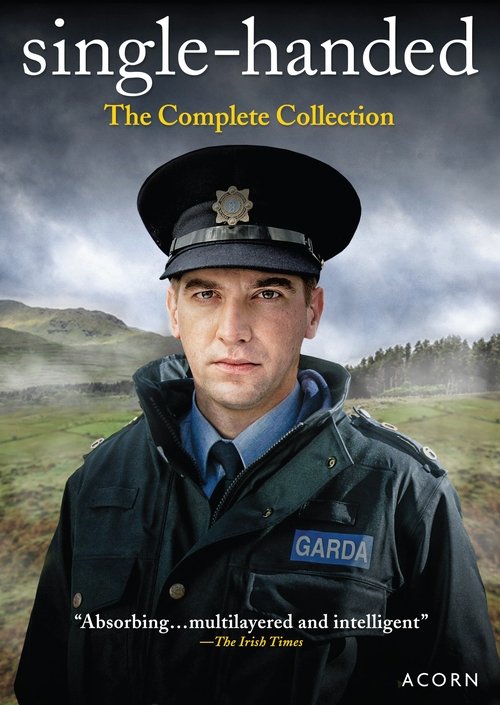 Single-Handed (2007)6.8
Single-Handed (2007)6.8Single-Handed is an Irish television drama series, first broadcast on RTÉ Television in 2007. Set and filmed in the west of Ireland, it focuses on the life of a member of the Garda Síochána, Sergeant Jack Driscoll. Three two-episode, single-story series aired one each on consecutive nights in 2007, 2008 and 2009. Series Four, consisting of three stories told over six episodes, began in RTÉ One November 2010. The series is partially inspired by garda corruption in County Donegal.
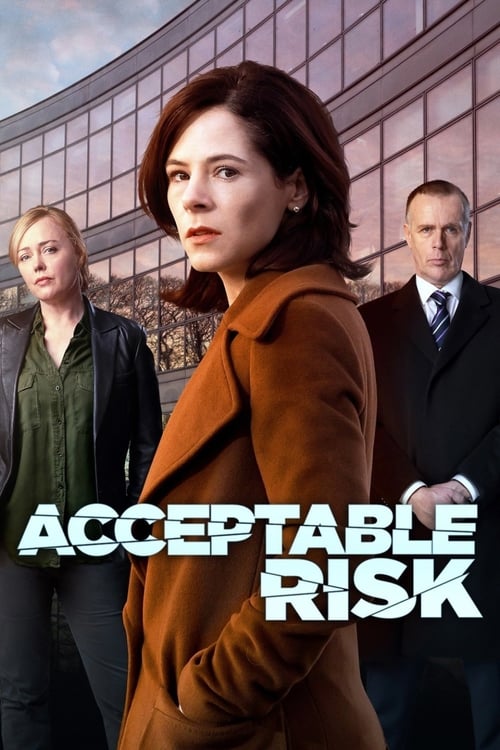 Acceptable Risk (2017)6.6
Acceptable Risk (2017)6.6When her husband, Lee, is murdered, Sarah Manning comes to realize that she knows nothing about his past. Sarah begins to question who Lee actually was and what he did in his work for a powerful global organization. And why did Lee, a salesman, need to carry a gun?
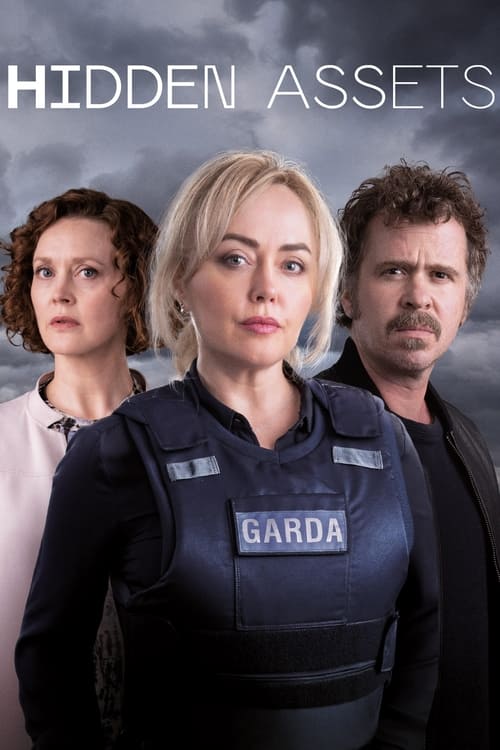 Hidden Assets (2021)6.6
Hidden Assets (2021)6.6A routine raid led by Emer Berry, a detective in the Irish Criminal Assets Bureau, reveals that a small-time drug dealer has been receiving substantial funding from a seemingly untraceable source – not in cash, but in rough diamonds. When these diamonds are linked to a series of bombings in Belgium, Emer is forced to work with Police Commissioner Christian De Jong.
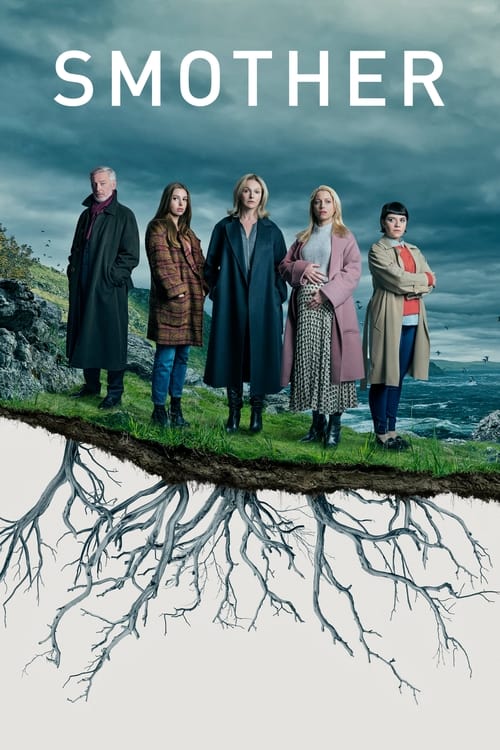 Smother (2021)6.6
Smother (2021)6.6On the rugged coast of County Clare, Val Ahern's husband is found dead at the foot of a cliff the morning after a family party. The matriarch starts to dig into the family's secrets to find out who might be responsible.
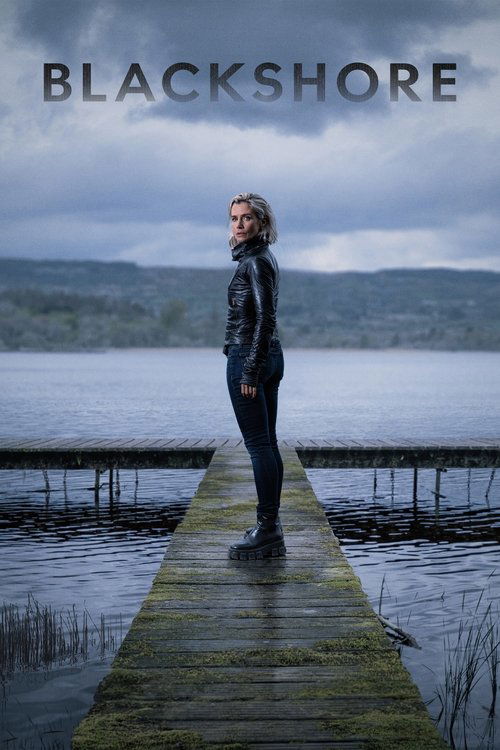 Blackshore (2024)6.6
Blackshore (2024)6.6A police detective returns to her hometown and becomes involved in a missing person case, which is linked to her traumatic past and the town's dark history.
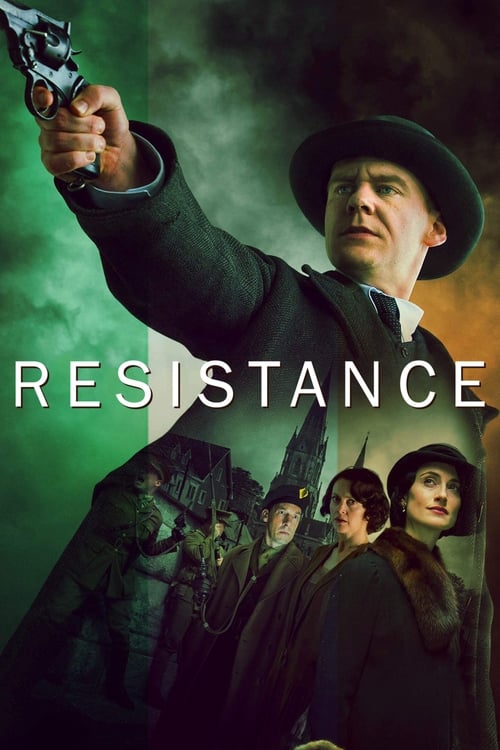 Resistance (2019)6.2
Resistance (2019)6.2This follow up to the Rebellion miniseries unfolds at the height of what became known as Ireland's War of Independence, and follows the lives of those caught up in the vicissitudes of history.
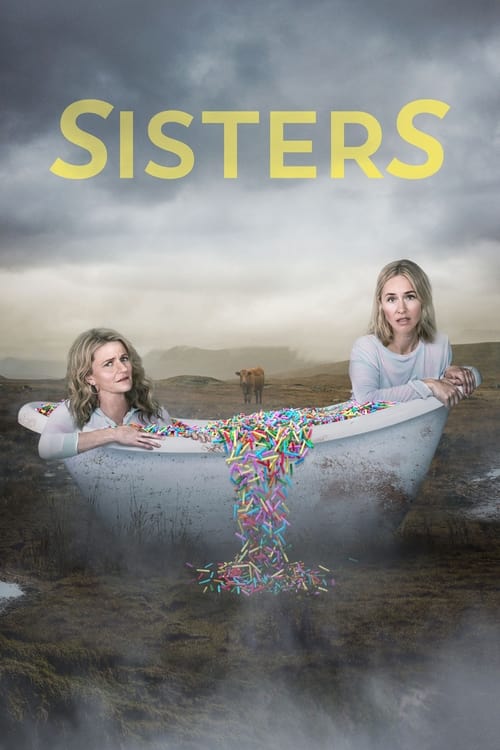 SisterS (2023)6.1
SisterS (2023)6.1Two women, one born in Canada and the other in Ireland, discover they are half-sisters and embark on a road trip to find their alcoholic father.
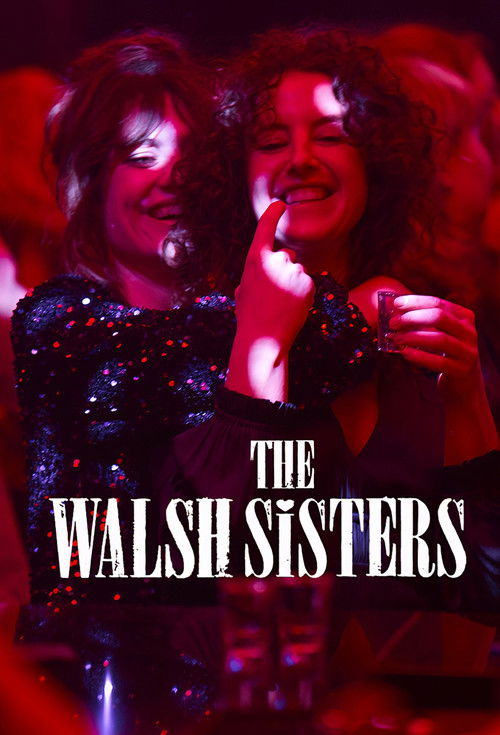 The Walsh Sisters (2025)5.5
The Walsh Sisters (2025)5.5Set in their Dublin hometown, Anna, Rachel, Maggie, Claire and Helen navigate the peaks and troughs of their late 20s and 30s. This is a sisterhood full of in-jokes, hand-me-down resentments and more than a few old wounds. But their DNA, history and shared love of power ballads keep the Walsh sisters together in the face of heartbreak, grief, addiction and parenthood.
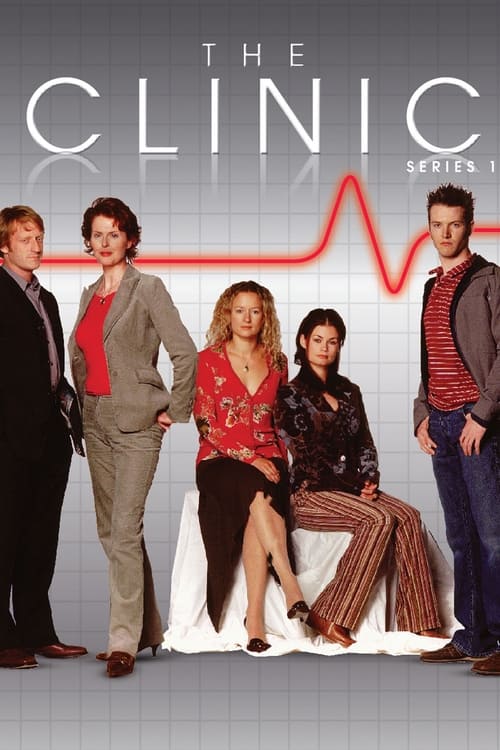 The Clinic (2003)5.3
The Clinic (2003)5.3The Clinic is a multi award-winning Irish primetime television medical drama series produced by Parallel Film Productions for RTÉ. It debuted on RTÉ One in 2003 to positive reviews and proved to be one of the network's most popular shows. The drama ran for seven seasons between September 2003 to November 2007. The last ever episode aired on RTÉ One on Sunday 15 November 2009 and on YLE1 in Finland on Wednesday 25 November 2009. The complete series of The Clinic was released on DVD in November 2010 by RTÉ.
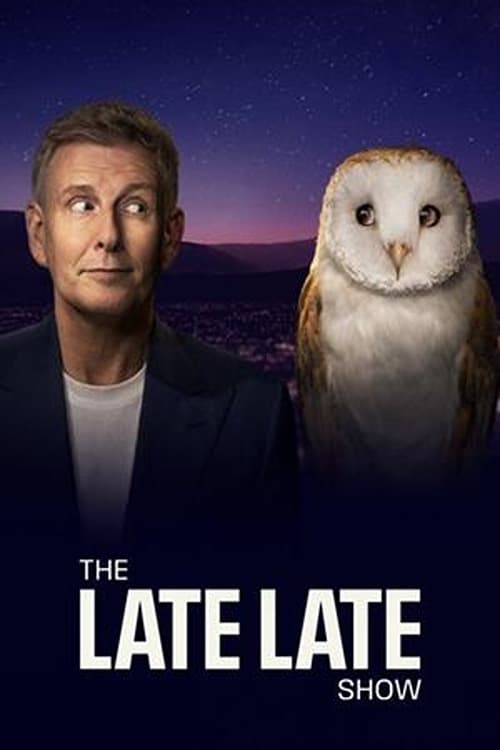
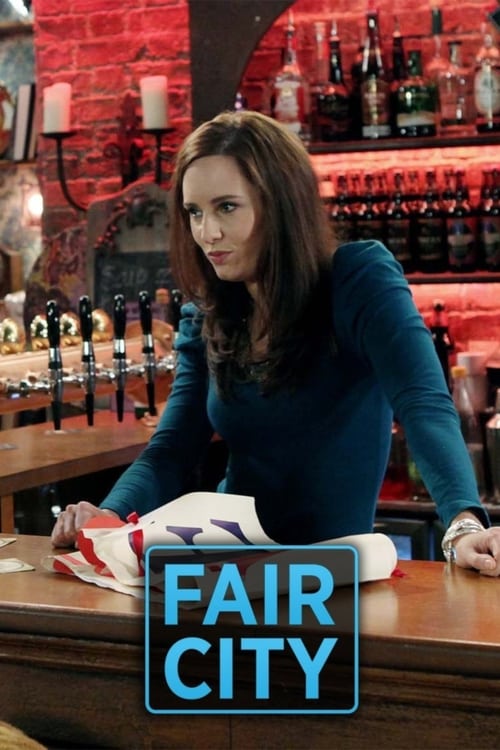 Fair City (1989)3.7
Fair City (1989)3.7The day-to-day dramas of the community who live and work in the fictional north Dublin suburb of Carrigstown.